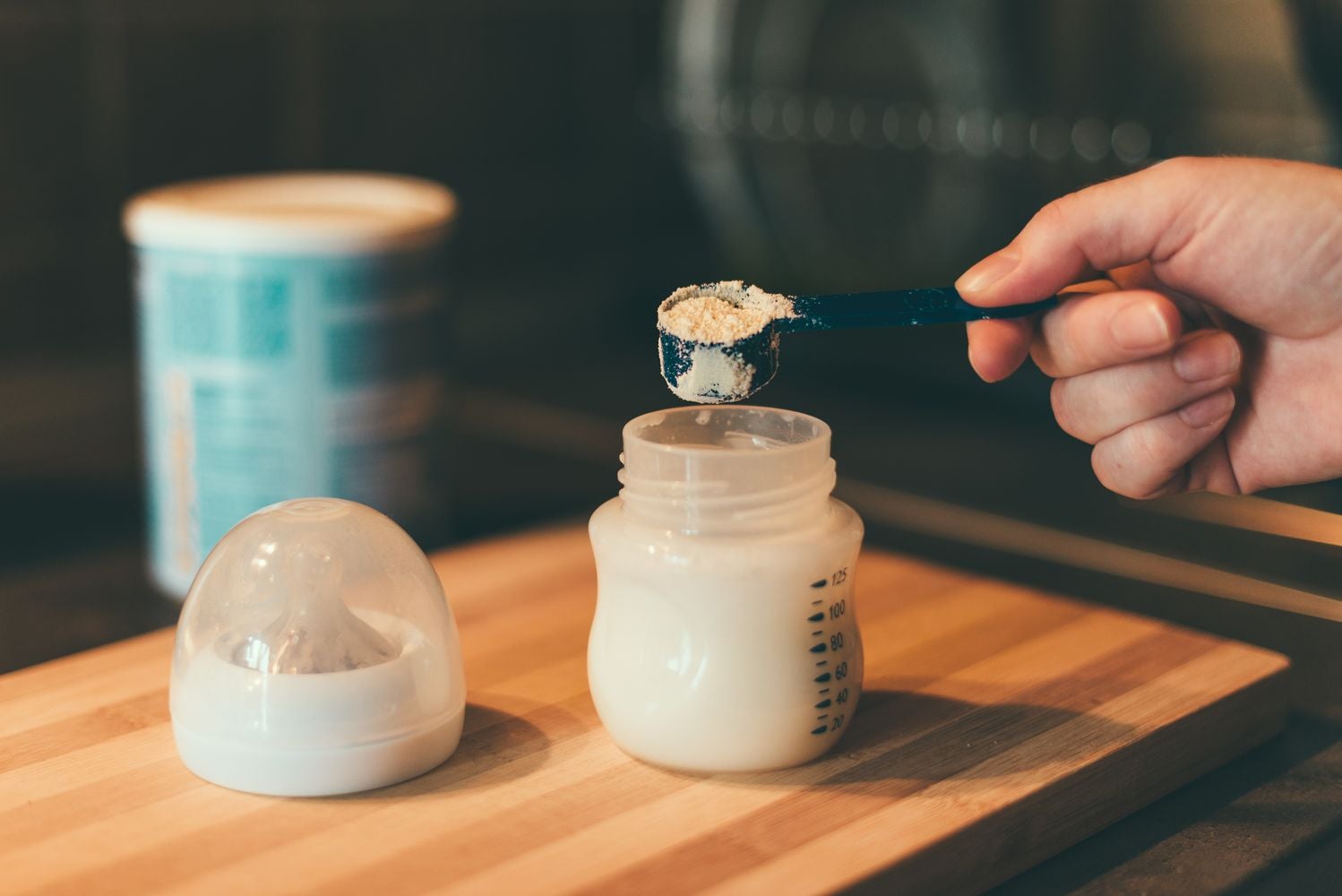How to Prepare
If you are unable or decide not to breastfeed, infant formula can supply nutrients your baby needs for normal healthy growth, as long as it is made up correctly. Here are some tips to make sure you get it right every time:
- Check the expiry date on the packaging to make sure contents are within the use by date.
- Wash your hands thoroughly and sterilise bottles and utensils before starting to prepare your formula.
- Measure and mix the formula according to instructions on the pack to ensure your baby will receive the right amount of nutrients with each feed. If you add too much powder, the formula will be too concentrated and could contribute to constipation. If you add too much water, you will reduce the amount of nutrition in that feed, which could leave your baby not receiving all the nutrients they need. Follow instructions on the can regarding the correct ratio of water to powder scoops, as this may vary between formulas
- Prepare each bottle individually, adding first water then powder
- Always use cooled, boiled water to prepare formula. Boil fresh drinking water for a minimum of five minutes, then cover and allow to cool
- To correctly measure the powder, use the scoop provided in the can (it is important to note that scoops can vary in size between different formulas). Don’t tap a filled scoop on the side of the tin as this will pack down the powder. Use a sterilised knife or something similar to level off the contents at the top – and add to the water in the bottle
- Seal the bottle tightly then shake until the contents are mixed. Ideally, formula should be prepared just prior to feeding
- To warm up the bottle, stand it in a jug of warm water for a while. DO NOT use the microwave to heat up baby’s feed as this can heat unevenly and may create ‘hot spots’ in the formula
- Test the temperature of the formula on your wrist before feeding to make sure it is not too hot for your baby
- Remember to close the can immediately and store it in a cool dry place such as in a pantry to avoid moisture affecting the quality of the powder.
- Discarded unfinished formula after a feed. Bacteria may build up in the unfinished milk if you save it for the next feed.


